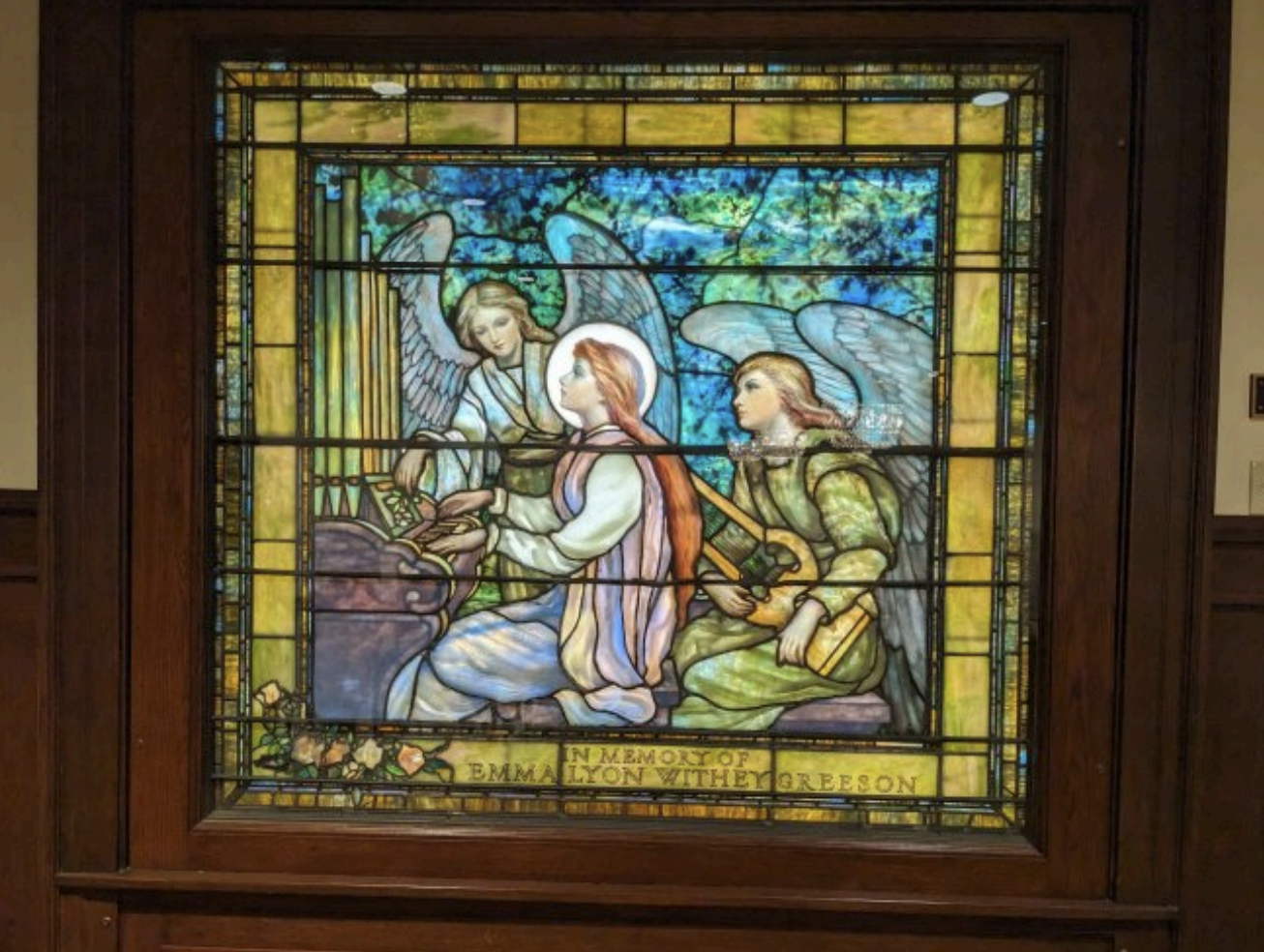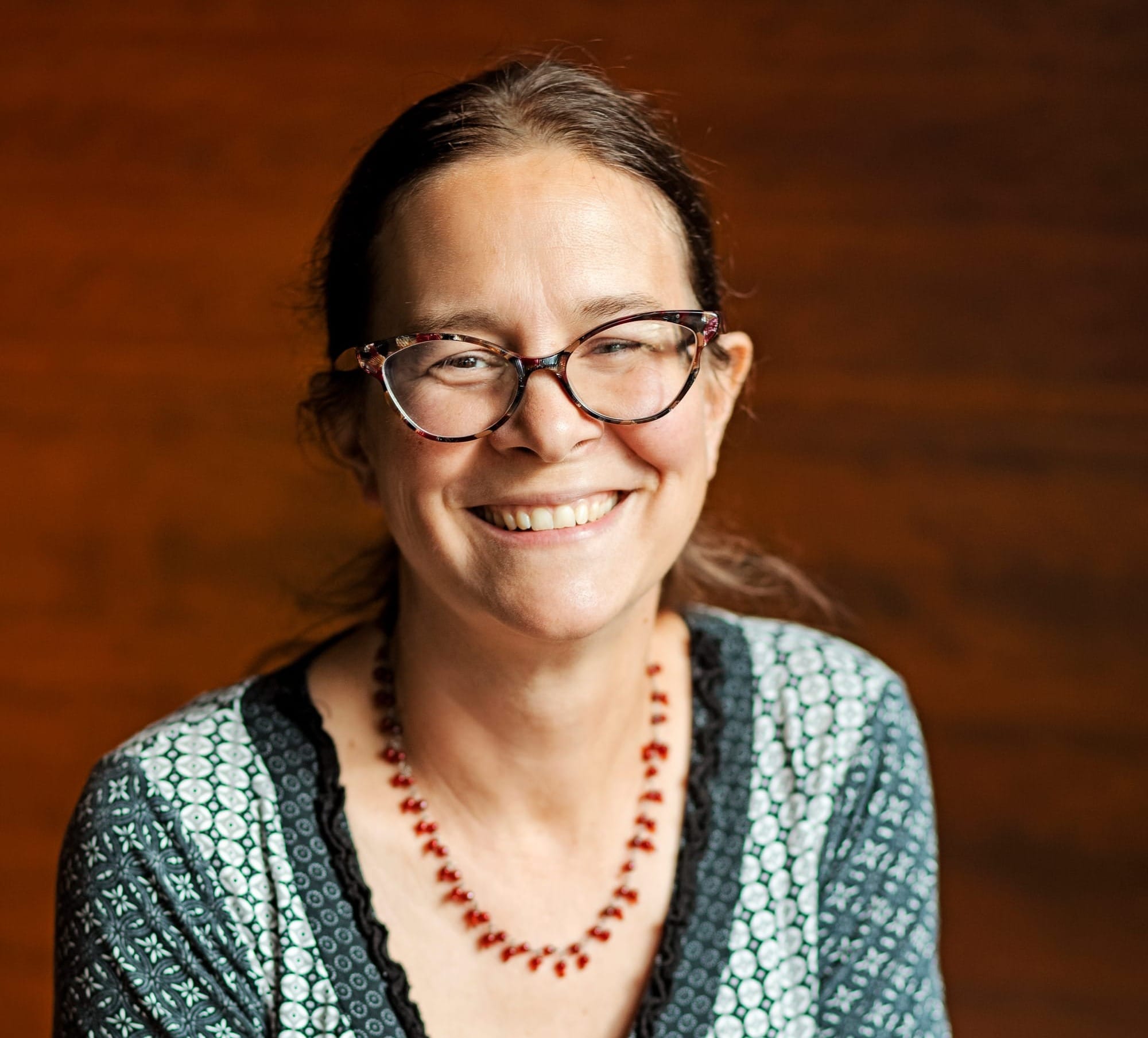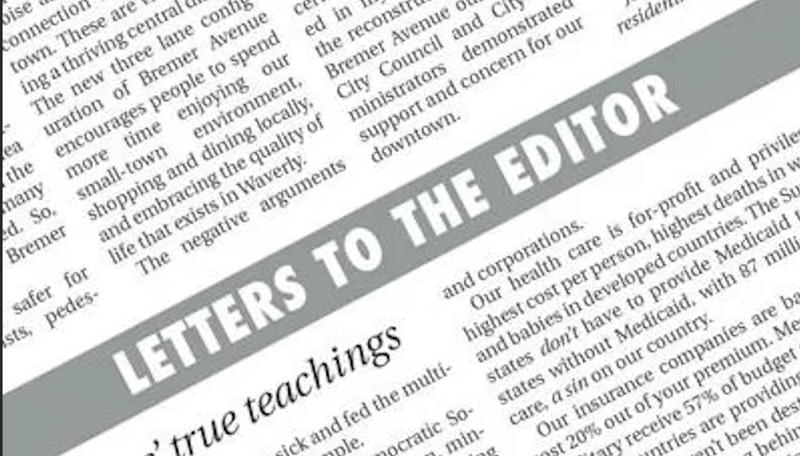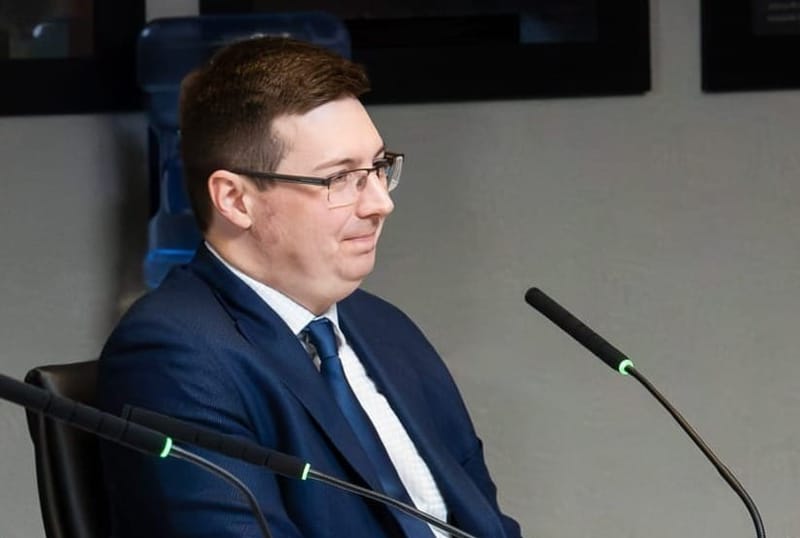Rhonda Edgington: The music finds us when we need it
What I keep returning to is my memory of what an almost-perfect night of music making and listening feels like.

EDITOR'S NOTE: The views and opinions expressed are those of the writer and not of Ottawa News Network.
Some friends who sing in the church choir I direct mentioned in passing that they were excited about a concert coming up at the St. Cecilia Music Center in Grand Rapids, featuring a banjo player I’d never heard of. I’d been meaning to attend a concert at the SCMC, and when I looked up this artist, she sounded interesting. And so I was able to grab a couple of the last tickets available to hear Rhiannon Giddons in May.
Before the show, I read various interviews and articles with the artist, and came to realize that she occupies a fascinating place in the folk/bluegrass scene, advocating for the often overlooked role non-whites have played in this tradition. She’s interested in the many unnamed Black artists who have influenced and furthered these songs, the connections this music has to African folk music through the slave trade, and in advocating for fellow African-American performers in the field. Though I consider myself a fan of bluegrass and folk music, I had wrongly assumed that it was a purely white American tradition.
I was excited to experience the St. Cecilia Music Center in person because I’ve been hearing about the space for years. It is an iconic music venue in the area that hosts three distinct series featuring well-known artists in jazz, folk and classical chamber music. Reading about the center, I learned it was slated for destruction in one of those urban renewal projects of the 1990s (which often seemed to involve tearing down beautiful but neglected historic buildings to build soulless, utilitarian, modern ones), but a small and passionate group of music and history lovers banded together to raise funds and advocate for its survival. The acoustics in the hall are legendary; it has a beautiful 1894 vibe inside and out, and I loved the Tiffany stained-glass window above an inside staircase of St. Cecilia (patron saint of music) playing the organ, as she is often depicted doing.

While I do think that great musicians work hard to make each concert they play meaningful and excellent, it’s also true that sometimes a kind of magic happens in a room when a group of people come together at a certain time and place. Giddons told us that although she always enjoys performing, some concerts end up being extra special, and ours was one of those nights. It was the perfect mix of an engaged audience, listening with a rapt attention, yet letting loose at other times, wildly displaying our enthusiasm. There was dancing in the aisles near the end, and even Giddons came down and joined in the action.
In between songs, Giddons acknowledged that we’re entering a hard time for creative folks in this country, sharing how discouraging it is to see funding continually cut for arts programming around the nation. But she also reminded us how much great art is still being brought into the world, in spite of those challenges. She performed a song that she’d written for the movie "Sinners," for which she was a music consultant, as one such example. She also told us that she comes from a long line of poor folk who made music because they needed it to help them get through hard times, reminding us that we can all continue to make and enjoy music despite whatever is happening in the world around us.
Before the show, a woman from the SCMC thanked the many sponsors and funders for the series, including the National Endowment for the Arts, without naming that this national arts funding was threatened to be entirely cut, something which has now been realized. I was annoyed that she failed to mention this existential threat to so many large and small arts organizations around the country, though I certainly understood the rationale behind not wanting to anger local funders or bother the folks who just wanted to hear some music and not think about politics for an evening.
So my annoyance waned as Giddons named this reality from the stage. She spoke of the chilling effect on her (and my) profession when the organizations that support artists find themselves in the cross-hairs of those in power. These days, every time I attend cultural events or read about an arts organization I support, I wonder if they have the resources to survive what’s coming. No one knows how much will change and how much we will lose in the years to come. How deep are our reserves as individual artists, as organizations, and as institutions — not just monetary (though certainly that), but also our reserves of resilience, perseverance, and creativity? How much support in our communities do we actually have to compensate for what the government is deciding to let go?
I was, however, encouraged when this same SCMS individual announced that a local foundation had recently offered a matching grant, proof of a local organization choosing in a perilous moment to signal support for local arts and hoping to spur individuals to step up and give. As political campaigns like Bernie Sanders’ or Zohran Mamdani’s have shown, lots of individuals making small donations can indeed turn into something big. Which arts organizations or cultural institutions in our communities would you miss if they were gone? Now is the time to reach out with words of support, encouragement, and monetary gifts.
As I left the show, elated from an evening of live music at its best, we bumped into the group of friends from church and one said, “She reminded me of you, up there making music and having so much fun.” After a show that had inspired and moved me deeply, to know that someone else in the room connected that experience to me and my music-making was the ultimate compliment.
I left St. Cecilia that night not knowing what 2025 and beyond would bring for music and the arts in this country, and there’s been plenty of bad news since May. What I keep returning to is my memory of what an almost-perfect night of music making and listening feels like. For this roomful of strangers, for a couple of hours, budgets, funding and politics weren’t what we left remembering. Giddons didn’t pretend those difficulties weren’t concerning, or tell us music will solve all our problems. But she did offer the only response for times like these — you’ve got to keep on playing.
— Rhonda Sider Edgington is the Organist and Music Director at Hope Church in Holland, teaches organ at Calvin University and Aquinas College in Grand Rapids, and as a soloist and with duo Thunder & Wind (with Carolyn Koebel, percussion) travels to play concerts around West Michigan and throughout the country. Find more of her writings on music at rhondasideredgington.substack.com.
How to submit an opinion
Ottawa News Network accepts columns and letters to the editor from everyone. Letters should be about 300 words and columns should not exceed 1,000 words. ONN reserves the right to fact-check submissions as well as edit for length, clarity and grammar. Please send submissions to newsroom@ottawanewsnetwork.org.




